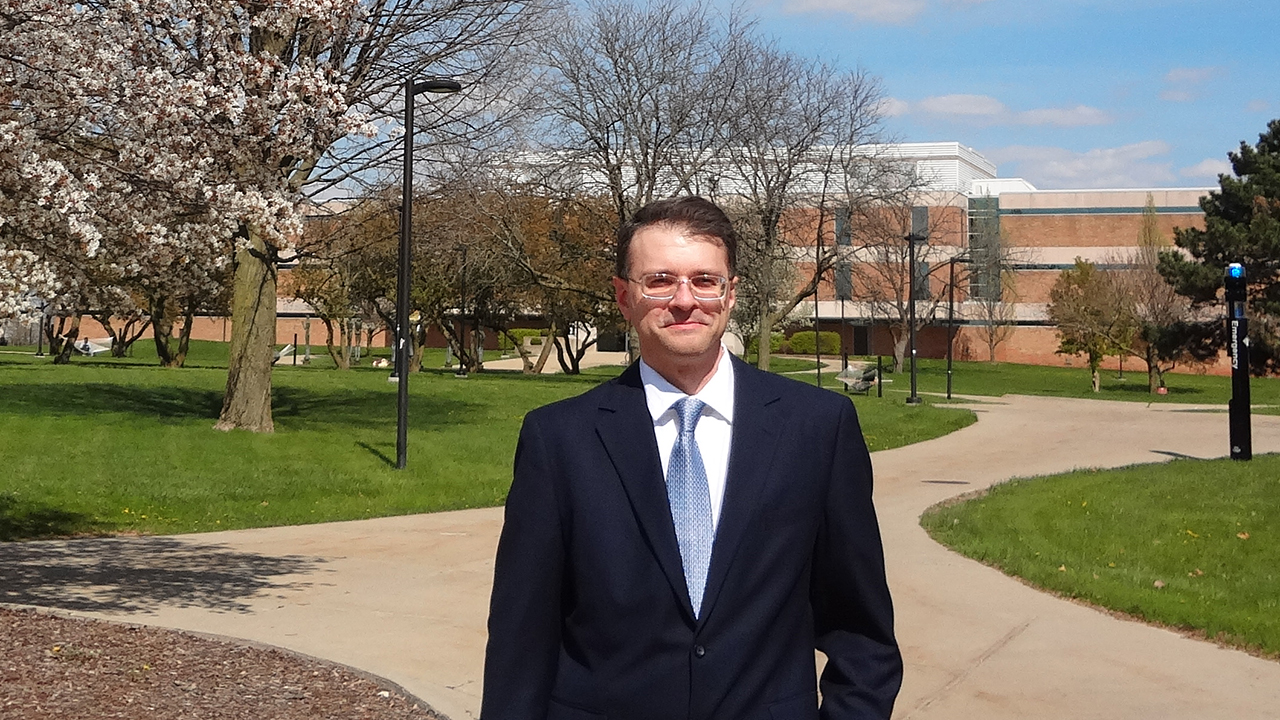- YouTube
- TikTok
Physics professor publishes NATO Review article on use of AI in nuclear deterrence
Widely read in policy circles, NATO Review includes commentary from academics, government officials and even heads of state

Steffan Puwal, special lecturer and adjunct assistant professor of medical physics, recently published an article in NATO Review examining the role that Artificial Intelligence (AI) could play in nuclear defense and deterrence.
“Recently, there has been quite a lot written about the potential risks of AI in nuclear systems – less so about its potential benefits,” Puwal said. “After a very helpful review process with the editorial staff at NATO Review, I was able to offer my thoughts on the need to develop a more measured approach to any regulatory framework, and to realize the advantage that our lead in AI gives us in arms control negotiations.”
In his article, Dr. Puwal asserts that although there are legitimate concerns about the use of AI technologies, the debate over their use should be grounded in science and empirical evidence. He points out that, while the U.S. government has moved to ban AI from nuclear weapons, its strategic use could serve to strengthen nuclear deterrence and encourage a reduction in the number of nuclear weapons. As policymakers consider the proper role for AI in nuclear defense, Dr. Puwal calls for balanced discussions, with input from both the defense and AI communities.
A publication of the North Atlantic Treaty Organization, NATO Review offers opinion, analysis and debate on security issues. Its contributors include academics, military officers, government officials and even heads of state. Though his research does not specifically focus on AI or nuclear defense, Dr. Puwal’s academic background and cultural touchstones have led him to take an avid interest in both topics.
“Physicists inevitably take an interest in the history of our science – in particular, nuclear weapons and deterrence theory. The end of the Cold War and the aftermath of September 11, 2001 stand out as defining moments for my generation,” Puwal said. “In both cases, NATO has played a critical role in our national security. And so, I am honored to have been considered for publication in a forum read by U.S. and NATO policymakers.”


 April 26, 2024
April 26, 2024